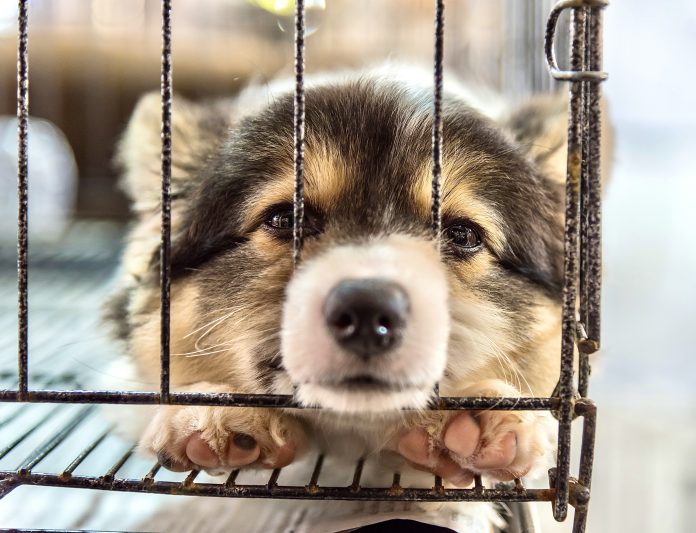
Ontario Passes New Anti-Puppy Mill Law; Advocates Push For Further Action
You can help all animals and our planet by choosing compassion on your plate and in your glass. #GoVeg
RELATED ARTICLES
Pressure Mounts For Arizona To Ban Dog Pack Hunting Of Mountain Lions, Bears & Other Critical Species
Conservation groups have submitted a petition to the Arizona Game and Fish Commission urging a ban on the use of dog packs for hunting...
Help Save Millions Of Lives This Holiday By Choosing Compassion On Your Plate; Adopt A Turkey Today!
As Thanksgiving approaches, we hope you enjoy a warm and safe holiday. We encourage you to make a compassionate choice by leaving animals off...
Giraffes Are One Step Closer To Receiving Vital Endangered Species Act Protections
In response to a petition and subsequent lawsuit by conservation and animal protection organizations, the U.S. Fish and Wildlife Service (USFWS) has proposed listing...
Popular stories
Breaking News
Uganda Wildlife Authority Mourns The Death Of Pte Olara Jonathan Who Was Tragically Killed By Poachers
It is with profound sorrow that the Uganda Wildlife Authority (UWA) announces the untimely death of Pte Olara Jonathan, a dedicated member of the...
Breaking News
UPDATE! Another Endangered Hawaiian Monk Seal Is Found Dead On Oʻahu; Was This Seal Also Intentionally Killed?
Endangered Hawaiian monk seal pup RS48, also known as Hoʻomau Lehua. Photo Credit: Hawaiʻi Marine Animal Response
UPDATE: WAN is sad to report that another...
News
Help Urge Los Angeles City Councilmember Lee To Stop Alleged Animal Abuse At Griffith Park Pony Rides & Petting Zoo
Photos by: Zohra Fahim
Sadly, ponies and horses reportedly continue to be overworked and neglected at Griffith Park Pony Rides and Petting Zoo in Los Angeles,...


